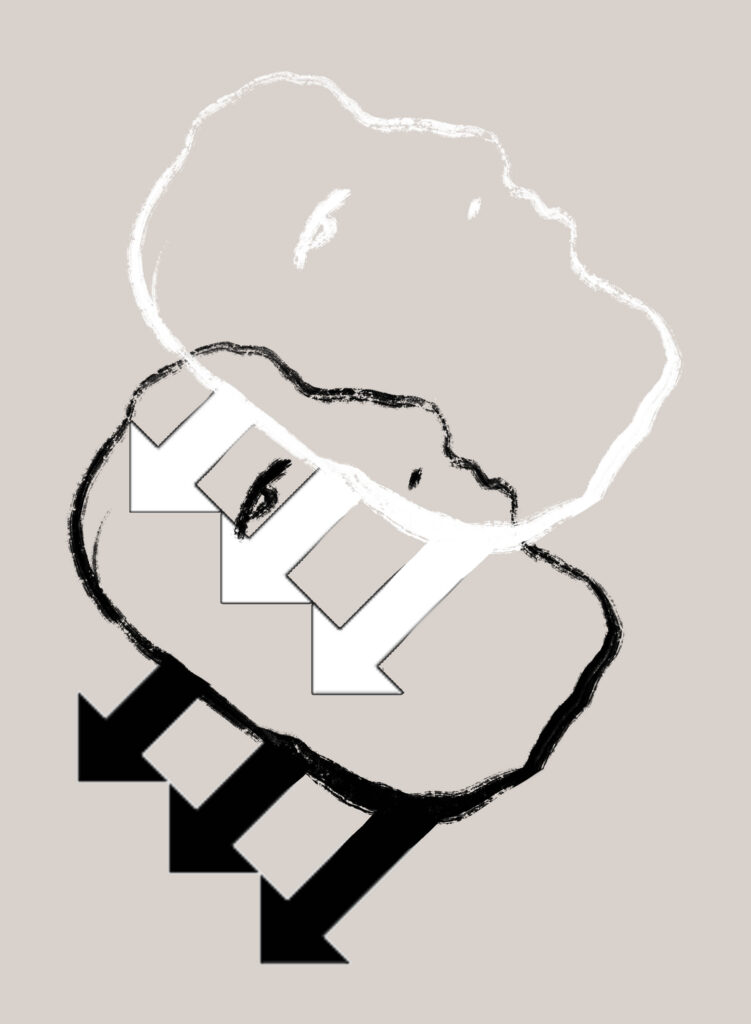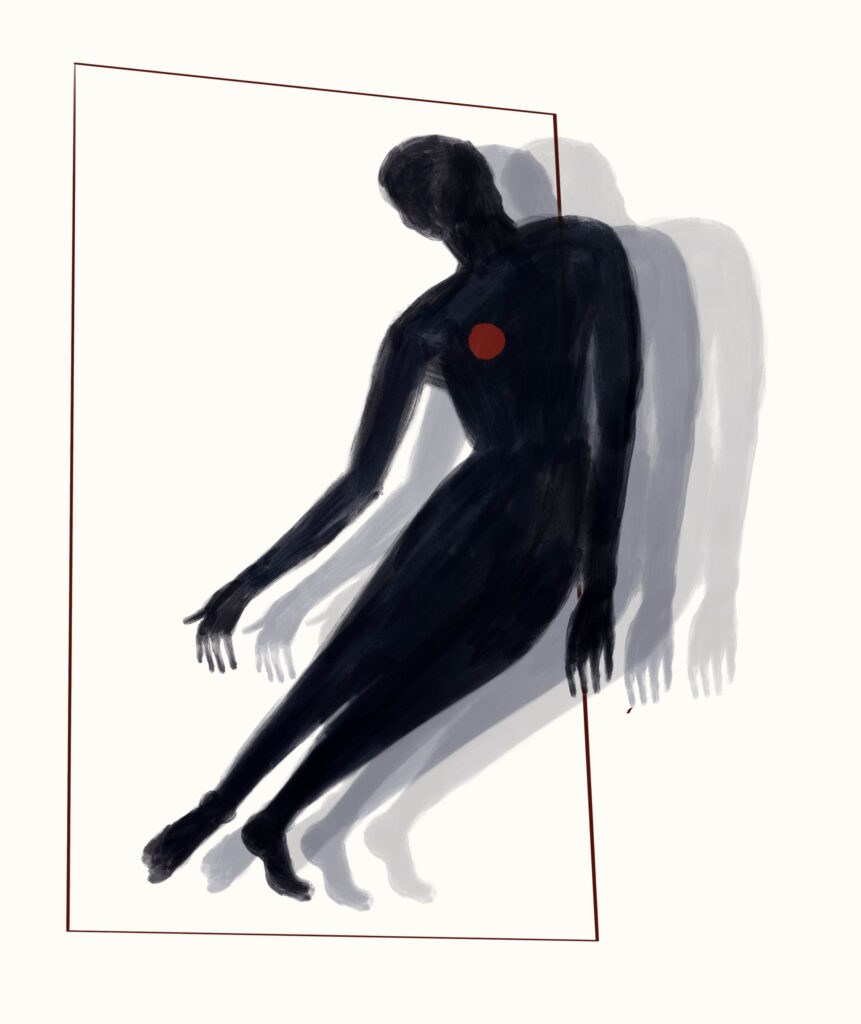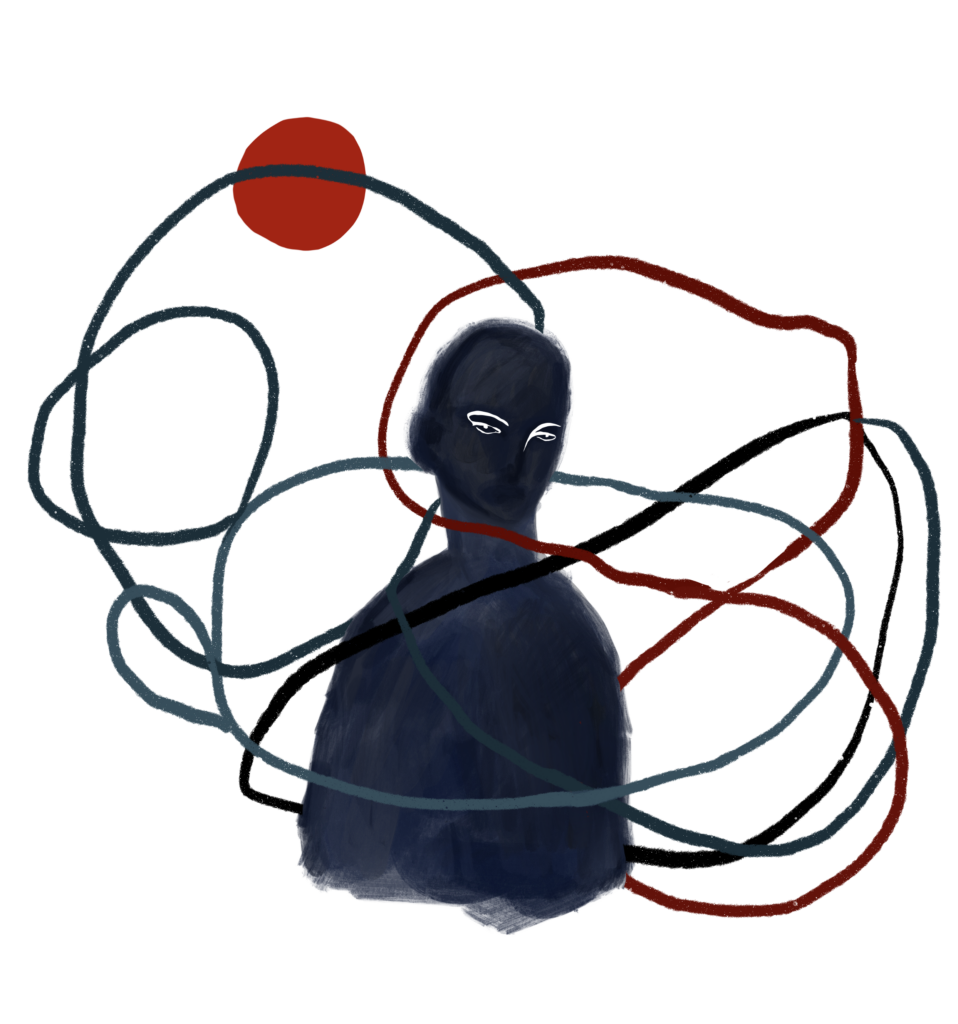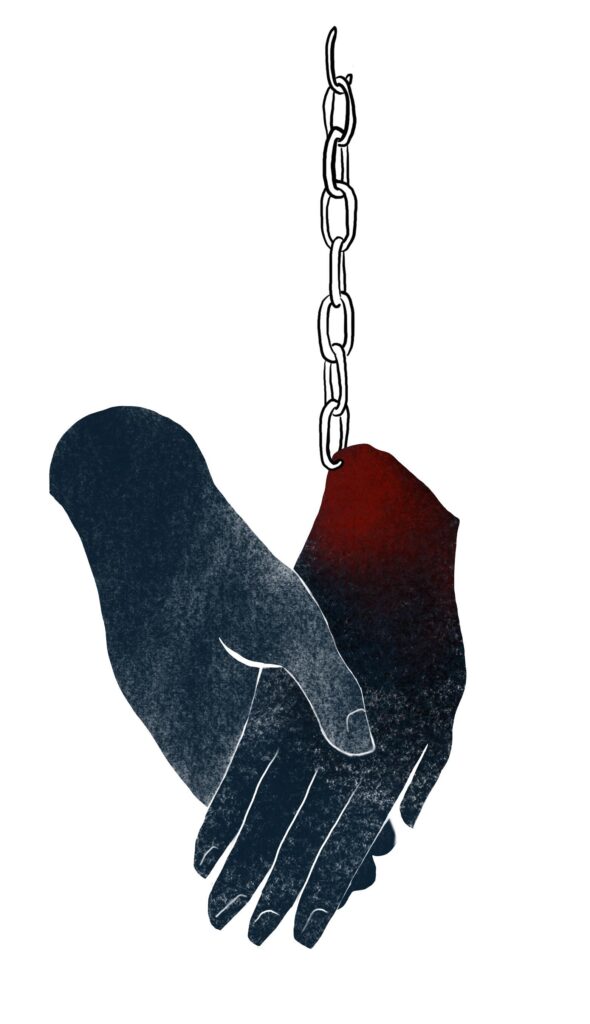Articles
Containing Muslims
Europe’s lower-strata working-class Muslims and the weaponisation of anti-Semitism and Islamophobia
With the elevation of Islamophobia to an alarming degree in Europe and beyond, and the pressing problems of Muslim immigrants and second- and subsequent-generation descendants of immigrants coming to occupy a central subject of debate, critical scholars of racism have drawn politically-relevant parallelisms between the historical ‘Jewish question’ and today’s ‘Muslim question’. On the one hand, some Marxists rose to the challenge of rereading Marx’s 1843 polemic Zur Judenfrage in the contemporary context, while drawing strategic implications for the pressing issues of today’s political and social crisis around Muslims.[1] On the other hand, such parallelisms entailed emphases on the similarities, or enabled comparisons, between antisemitism, as the discursive background of the Jewish question, and Islamophobia, as that of the Muslim question.[2] Other parallels were drawn between the successive shifts of the racialised populations, from the Eastern European Jews to the Muslims, who immigrated to countries such as France, formed the lower strata of the working class, and became subject to derogatory labels such as the métèque.[3] Scholars working in both Marxist and progressive traditions formulated, in different ways, the idea that modern nation-state, with its rigorous secularist and universalist claims (particularly in the French case), is generating the mechanisms for the discrimination and misrecognition of its ethnic or religious minorities. These minorities are increasingly racialised and gendered, as in the case of Muslim women’s veiling practices, vis-à-vis a supposedly integrated, culturally harmonious, if not homogenous, majority.[4] Moreover, there are important and dangerous parallels between the Jewish question and the Muslim question in the form of a wide range of conspiracy theories that are embedded in the Islamophobic discourse – just as those that could be found in the antisemitic discourse.[5] Resonating some of the conspiratorial elements of the ‘redemptive antisemitism’ that laid the ideological basis of Nazism,[6] today’s Islamophobic discourse relies on such scaremongering theories as ‘Eurabia’ and ‘great replacement’, and it is obsessed with the ‘demographic change’ that is taking place in the heart of the Western civilisation.[7]
“For Israel and communism”?
Making sense of Germany’s Antideutsche
As the Israeli state’s dispossession of the Palestinian people becomes more difficult to obscure by the day, the Left in one country is conspicuous in its absence from the global solidarity movement with the oppressed between the Mediterranean Sea and the Jordan River. With some exceptions, the German Left largely avoids taking a stance on the conflict between the state of Israel and the Palestinian people. In some cases, it has even joined the national pro-Israel chorus, stretching all the way to the far-right Alternative for Germany (AfD) party. This attitude encompasses a diverse set of actors, from the leadership of Germany’s left reformist party, Die Linke (“The Left”), to squats such as the celebrated Rote Flora in Hamburg. This hostile attitude towards Palestinian liberation is often attributed to guilt for the Shoah and the corresponding semantic identification of Israel, Zionism, and Judaism in public discourse. A complementary explanation identifies the Antideutsche (the “anti-Germans”) as a factor in shaping the Left’s current approach to Israel. These started out as an ultra-left critique of Germany as a nation, following a wave of nationalist jingoism triggered by reunification. However, rather than criticising nationalism, today’s Antideutsche engage in an Ersatz nationalism around one particular state. Elements of this include flying the Israeli flag and wearing IDF shirts, hatred of Muslims as natural-born antisemites, not to mention a disturbing celebration of Israeli violence against Palestinians framed as “anti-fascism”.
Far-Right antisemitism and Heteronationalism
Building Jewish and Queer Resistance
Even after Donald Trump’s defeat in the 2020 US presidential election, the rise of the far right remains a defining feature of our time and a central challenge for the left. As analysts have pointed out, Trump’s losing vote total was the second-highest ever won by a US presidential candidate. Events since the election have confirmed his hold over the Republican Party and its transformation into a nationalist party of the far right. Even as Republicans continue to enjoy broad support from capital on such issues as tax cuts and social and environmental deregulation, multinational capital has lost the hegemonic influence over the Republican Party that it exercised over both major US parties from the 1980s through the first decade of the twenty-first century. [1]
Not Your Good Germans
Holocaust Memory, Anti-Fascism, and the anti-Zionism of the Jewish New Left
Mr. Hoffman: Your idea of justice is the only obscenity in the room. You schtunk. Schande vor de goyim, huh?
Why the Brazilian Jewish Left Is Not Anti-Zionist
The politics of the Zionist Left as Counter-revolutionary Gatekeepers in Brazil
Since June 2013, when a mass movement took to the streets of Brazil, the country has undergone significant political polarisation. This movement has had an impact on the way Brazilian society and the Jewish community have related to the Palestine/Israel issue. On the left, a growing number of social movements and political parties, such as PSOL[1], have committed to a stance of radical solidarity with Palestinians, adopting BDS as part of their platforms. On the right, Israel has come to play a central role in the political agendas of evangelical and neo-fascist groups that make up the base of the Jair Bolsonaro government, elected in 2018.
The Anti-Nazi League, ‘Another White Organisation’?
British Black Radicals against Racial Fascism
This article explores how Britain’s Black Power movement challenged the political outlook of the anti-fascist left in the 1960s-70s. While the established left interpreted the National Front (NF) as an aberrant threat to Britain’s social democracy, Black political groups foregrounded the systemic racial violence of the British state. By addressing intensifying racial oppression during a critical early phase in the transition to neoliberalism, they prefigured Stuart Hall’s analysis of ‘authoritarian populism’. The British Black Power movement especially criticised the high-profile Ant-Nazi League (ANL) for its singular focus on the NF, which was framed as a revived Hitlerite peril. For British Black radicals, the larger strategic problem was the populist racism, inflected by imperial nostalgia, which propelled Thatcher’s New Right to power. Instead of narrow Nazi analogies, they related the re-emergence of white nationalism to British social democracy’s racist treatment of Black immigrants, as well as its neo-colonial role abroad.
The Canadian ‘War of the Two Sugars’
Homegrown Sugar Beets and the Racial Stratification of Labour
This paper provides a history of more than a century of efforts to establish and maintain a homegrown Canadian sugar supply – a twentieth century version of what Eric Williams called the ‘war of the two sugars,’ or the global competition between sugar beet and cane. To resolve beet sugar’s so-called ‘labour problem,’ the industry has collaborated with the Canadian state to produce new classes of temporary workers, mobilizing incarcerated Japanese Canadians, migrant indigenous families, and Mexican and Caribbean workers employed through the Seasonal Agricultural Worker Program. At the same time, the sugar industry has sought to refine itself of the racialised workers upon whom it relies by promoting the figure of the white Canadian worker. The Canadian ‘war of the two sugars’ has been fought through the stratification of the labour force along the lines of citizenship, resulting in the production of unique racial forms.
A Racial Theory of Labour
Racial Capitalism from Colonial Slavery to Postcolonial Migration
A reconsideration of the crucial historical role of slavery in the consolidation of the global regime of capital accumulation provides a vital source of Marxian critique for our postcolonial present. The Atlantic slave trade literally transformed African men and women into human commodities. The reduction of human beings into human commodities, or ‘human capital’ — indeed, into labour and nothing but labour — which was the very essence of modern slavery, served as a necessary predicate for the consolidation and perfecting of what Marx called ‘labour in the abstract,’ and requires us to re-situate enslaved labour as the defining and constitutive limit for how we comprehend labour as such under capitalism. The production of labour in the abstract, or labour ‘in general,’ depended nonetheless upon concrete productions of sociopolitical difference, particularly the branding of race. The term ‘Black,’ which was devised to literally and figuratively brand the flesh of enslaved people, was also contrived to signify their particular sociopolitical condition of brutal degradation as the ultimate limit for the subjugation of labour. Blackness names that limit. Thus, Blackness is in fact necessary for apprehending labour as such under capitalism. Marx’s scathing critique of wage labour is always haunted by the long shadow of slavery as its limit figure. If we comprehend labour to be the antithesis of capital, then to the extent that Blackness names the ultimate condition of labour’s subordination and subjection to capital, we need to recognize the tendency forall labour under capital to be pressed toward a sociopolitical condition of Blackness (or approximating Blackness), where Blackness does not name any kind of essential identity but the racialised sociopolitical condition of that subordination/subjection. Consequently, the labour theory of value — which has always been in fact, more accurately, a value theory of labour — must be complemented with what we might posit to be a racial theory of labour. Such an ostensibly historical perspective on the foundational role of slavery in the genesis of capitalism is no mere scholastic exercise in the historiography of ‘primitive accumulation,’ however, but rather must be re-purposed toward the ends of elaborating what has remained an as-yet underdeveloped Marxian theory of migrant labour. Extrapolating key insights from Marx’s corpus for the formulation of a racial theory of labour, this essay is ultimately concerned with the ways that slavery supplies capitalism with a defining horizon forall labour, and thus how this insight might instructively serve to comprehend the racialised subordination of migrant labour within our global/ postcolonial sociopolitical order.
Revisiting the Plantation Society
The New World Group and the Critique of Capitalism
This paper examines the critique of capitalism provided by the New World Group. Emerging from the West Indian Society for the Study of Social Issues at The University of The West Indies, Mona, the Group was formed in 1963 specifically to address the reformation of social and political forces in the wake of Caribbean territories gaining formal independence from European colonial powers. This reformation was broader than the political-economy, it included psychological and ideological reworkings, all items necessary to evaluate the kinds societies West Indians could strive for. Set within intra-Marxist debates on early capitalist development, this paper focuses on the collaboration and creative tensions between Norman Girvan, George Beckford, and Lloyd Best as they helped one another construct their respective political philosophy, social theory, and economic analysis of the logic of plantation societies, which while incomplete from our vantage, did mostly capture the historical dynamics found in the Caribbean.
Robert Wedderburn’s ‘Universal War’
Anti-colonial universality in the Age of Revolution
The ideas and political commitments of the revolutionary abolitionist and Spencean Robert Wedderburn (1762-1835) represent a compelling example of a form of universality, articulated in the midst of the Age of Revolution, which defied European colonialism and plantation slavery. An engagement with Wedderburn’s writings on the Haitian Revolution, maroon warfare and his proposal of a Spencean communist programme will clarify ongoing debates about Enlightenment, empire, slavery and universality and might inform a re-engagement with the idea of universal emancipation in the political present.
Did Marx Defend Black Slavery?
On Jamaica and Labour in a Black Skin
Over the past 40 years a tradition of Marx interpretation has built up around a single passage concerning black slavery in an 1853 letter from Marx to Engels, in order to demonstrate that Marx’s support for emancipation was conditional on the level of ‘civilization’ attained by black slaves. I will argue that this interpretation, which attempts to prove Marx’s racist defense of slavery, is overdetermined by an inattention to historical context and a hypersensitivity to Marx’s nineteenth-century epithets. This is important because the alleged anti-black racism of Marx and the place black workers occupy in his historical materialist vision of class struggle are of the utmost significance for properly conceptualizing the relationship between Marxism and black liberation.












